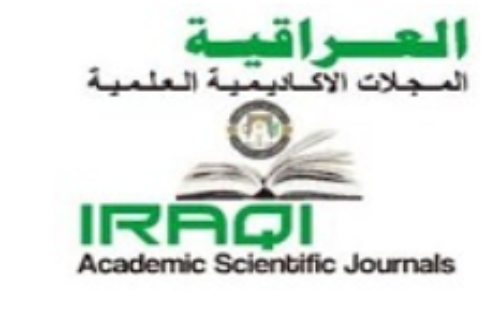Molecular characterization of Klebsiella pneumoniae isolated from COVID-19 patients as a secondary infection
DOI:
https://doi.org/10.32792/utq/utjsci/v10i1(SI).1004Keywords:
Klebsiella pneumoniae, Molecular, COVID-19Abstract
Viral respiratory infection such as severe acute coronavirus-2 disease (SARS-CoV-2) and bacterial co-infections commonly are identified and a major cause of morbidity, mortality requiring prompt and antibacterial diagnosis. Sputum samples were collected from 100 patients including 68 males and 32 females with age ranged between 16 -85 years from the beginning of October 2021 to the end of March 2022. Specimens have been collected from isolation wards at Al-Hussein Teaching Hospital in Thi-Qar province, south of Iraq from patients that were diagnosed with COVID-19 and taking preventive treatment for bacterial infections. The results have shown the most common isolates were Klebsiella pneumoniae as the pathogen registered in 20 (32.2%) of the total 62 bacterial positive cases, followed by the Candida spp. 18 (29%). The current study also has demonstrated that the bacterial isolates were varied in their resistance and sensitivity to the antibiotics. A DNA fragment encoding the open reading frame (903 bp) of Cation-efflux pump FieF was successfully shown a positive PCR band and isolated from only 10 (47.6%) isolates of K. pneumoniae isolates were named Thi-Qar1-Thi-Qar11 by conventional PCR using Cation-efflux pump FieF gene specific primer. The obtained nucleotide sequences of the Cation-efflux pump FieF from the above-mentioned Thi-Qar isolates were deposited in the GenBank under accession numbers MZ069095-MZ069104.
Downloads
Published
Issue
Section
License
Copyright (c) 2023 University of Thi-Qar Journal of Science

This work is licensed under a Creative Commons Attribution 4.0 International License.













